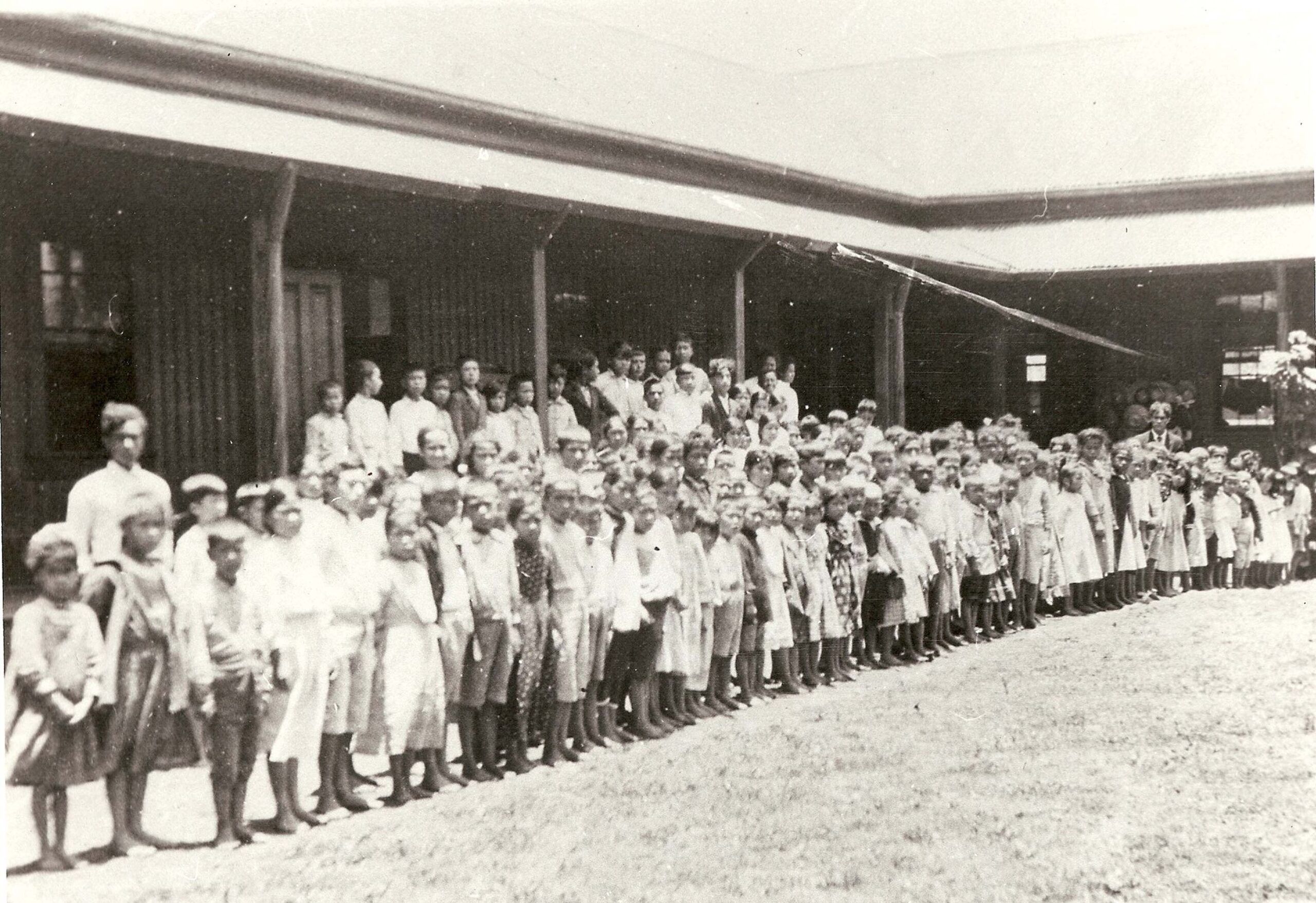Mission & Vision
To Empower Community Voices and Enrich the Historical Perspectives of Kohala.
The Kohala Oral History Project engages community, illuminates history, and promotes the notion that every person makes history. These oral history videos serve as a living history of Kohala through the lens of the people who grew up and live here.

Mission
The Kohala Oral History Project is dedicated to preserving and sharing Kohala’s rich cultural heritage through intergenerational oral history documentation and filmmaking. Our mission is to:
- Train local youth in oral history collection and documentary filmmaking techniques
- Record and archive diverse personal narratives that illuminate Kohala’s history
- Foster community connections by bridging individual experiences with collective memory
Through these efforts, KOHP aims to empower community voices and deepen appreciation for Kohala’s multicultural legacy.
Background
The Kohala Oral History Project began in December 2019 when Lucas Manuel-Scheibe, a graduate of New York University’s Tisch School of the Arts, recorded on video the stories of his 80-year-old grandmother, Martina Manuel. Together with his mother, Jocelyn Manuel, who was born and raised in Kohala, Lucas set out to film kūpuna (elders) sharing their stories about plantation life and living in Kohala. Lucas and Jocelyn continued filming at the Kohala Reunion during the July 4, 2022 weekend, focusing on the closure of the Kohala Sugar Company.
The Kohala Sugar Company was the economic lifeblood of the community for over a century, providing jobs and sustenance to generations of families from the 1860s until its closure in 1975. Kohala Sugar’s closure devastated the tight-knit community economically and spiritually. However, it was the community’s deep-rooted traditions and culture of kokua (help) that saw Kohala through this hardship. The memories of “plantation days” still resonate with people in the community, which is why KOHP decided to focus on collecting these plantation stories in its first round of oral history interviews. As a result, KOHP created a born-digital collection of over 24 oral history interviews of kūpuna and over 200 edited topical videoclips, as well as a series of events aimed at deepening engagement with the themes of community resilience. Oral history videos are available at www.kohalaoralhistoryproject.com.
From the oral history interviews collected, KOHP produced This is Kohala, a 30-minute documentary film. This is Kohala had two public screenings and was also broadcasted on PBS Hawai‘i in March 2024. The virtual screening with a Q&A panel with the film’s producer and one of the interviewees was attended by 249 people across the U.S. The film is available on PBS Hawai‘i’s YouTube channel for the next three years. As of 2024, This is Kohala has been viewed more than 14,000 times across a wide demographic, in the U.S., Japan, Canada, Guam, and New Zealand.
Feedback gathered after the broadcast confirm how meaningful the work of KOHP has been to the community:
“[I liked] listening and learning from various kūpuna about their growing up in Kohala and how it was the people/community which made living in this ‘āina so special.”
“Heartfelt views and emotions were recorded and respectfully shared. Filmmakers’ commitment to engage a new generation in learning how to continue this work.”
“I liked the interviews and the old film footage. I liked that the oral tradition is being saved.”
KOHP received funding from Hawai‘i Council for the Humanities, Hawai‘i Community Foundation, and several private foundations to continue its work with the Kohala Voices Youth Documentary Film Program. The program trains Kohala students on oral history documentation and filmmaking. The Kohala community places high value on intergenerational connections, which is why KOHP focuses on developing youth as the stewards of the community’s oral traditions.